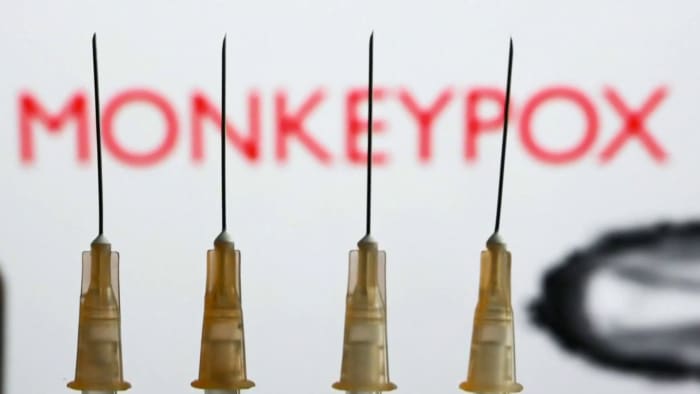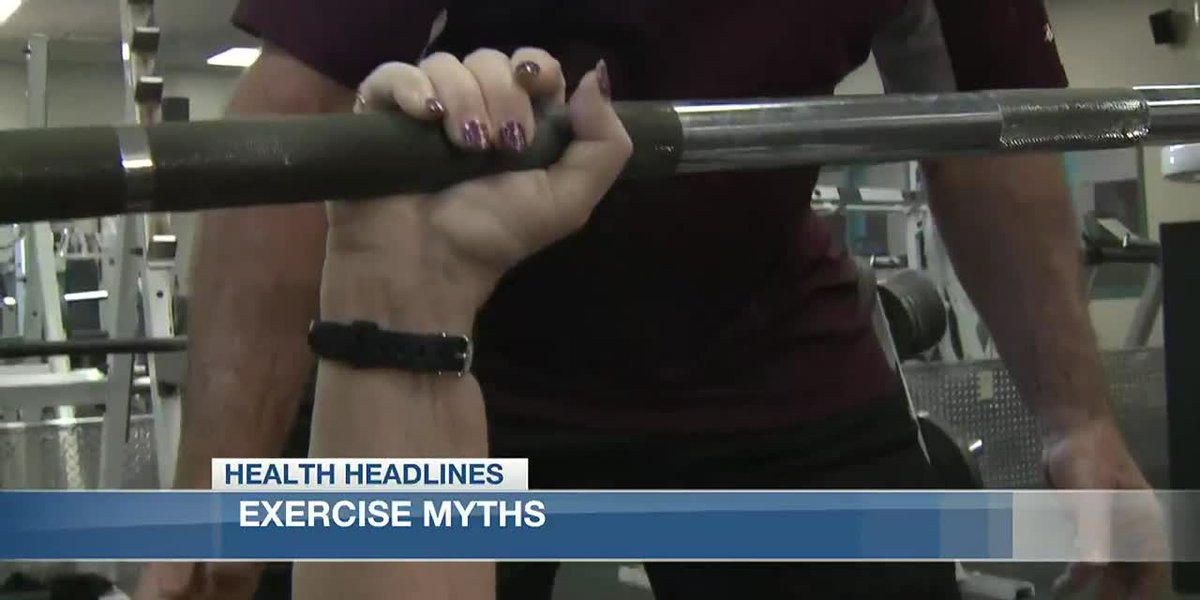[ad_1]
LANSING, Mich. – If you have been exposed to monkeypox or suspect you’ve been exposed you should contact your local health department about getting vaccinated.
As of Thursday, there have been 27 confirmed or suspected monkeypox cases in the state. As part of it’s response, the Michigan Department of Health and Human Services has issued vaccine administration guidance.
Antiviral drugs and vaccines developed to protect against smallpox can be used to prevent and treat monkeypox infections. Click here to find how to contact your local health department.
Ad
“Although the vaccine supply is limited, we are striving to utilize all doses of vaccine as soon as they become available to help mitigate spread,” said Dr. Natasha Bagdasarian, MDHHS chief medical executive. “We have issued guidance to our local health department partners to help ensure those most at risk from MPV are prioritized. Michiganders who know they have been exposed to MPV or suspect they have been exposed should contact their local health department about getting vaccinated.”
Read more: Where is monkeypox in Michigan? Here’s a map of cases and everything you should know about symptoms
More about the vaccines
Two vaccines licensed by the U.S. Food and Drug Administration (FDA) are available for preventing monkeypox infection – JYNNEOS (also known as Imvamune or Imvanex) and ACAM2000. There is no data are available yet on the effectiveness of these vaccines in the current outbreak, according to the CDC.
Ad
There is also a Post-Exposure Prophylaxis (PEP) for monkeypox. People can be vaccinated following exposure to monkeypox to help prevent illness from monkeypox virus. CDC recommends that the vaccine be given within 4 days from the date of exposure for the best chance to prevent onset of the disease.
What is Michigan doing?
MDHHS is following these strategies when it comes to vaccination:
-
Post-Exposure Prophylaxis (PEP): Vaccinating individuals following intermediate or high-risk exposure to MPV to prevent illness.
-
Expanded Post-Exposure Prophylaxis (PEP++): Vaccinating individuals with risk behaviors in geographies, settings, events or venues with known MPV transmission in the last 14 days.
The CDC recommends the vaccine be given for PEP within four days from the date of exposure. It it’s given between four and 14 days it can reduce symptoms but may not prevent monkeypox.
How many vaccines does Michigan have?
Michigan has received more than 3,800 doses of JYNNEOS vaccine.
Vaccine was distributed to hubs that will redistribute vaccines to other areas of the state as needed.
Hubs are in the following areas (Phone numbers and links to the county health departments are also posted):
Health departments might contact eligible individuals who have been identified as close contacts. If you know or suspect that you have had contact with someone who has monkeypox, you should contact your local health department for more information.
Ad
Who can get monkeypox?
MPV is a disease caused by infection with the monkeypox virus.
Monkeypox can spread to anyone through close, personal often skin-to-skin contact.
It belongs to the Orthopoxvirus genus, which also includes variola virus (which causes smallpox), vaccinia virus (used in the smallpox vaccine) and cowpox virus. It is not related to chickenpox.
It is known to spread through the following methods:
-
Direct contact with MPV rash, scabs or body fluids from a person with MPV. It is believed this is currently the most common way that MPV is spreading in the U.S.
-
Through contact with someone with MPV during common activities such as sex, hugging, massaging, kissing and prolonged face-to-face contact
-
Touching objects, fabrics (clothing, bedding or towels) and surfaces that have been used by someone with MPV.
-
Contact with respiratory secretions.
If you feel sick or have a rash do not attend gatherings and go see your doctor.
The CDC is urging health care providers to be on the lookout for monkeypox symptoms regardless of gender or sexual orientation.
Although many affected in the current outbreak are part of the LGBTQ+ community, anyone who has been in close contact with someone who has MPV can get the illness.
Symptoms of monkeypox
Symptoms usually appear one to two weeks after infection. Sometimes people get a rash first, then other symptoms. Others only get a rash.
Ad
Symptoms of monkeypox include the following:
-
Fever
-
Headache
-
Muscle aches and backache
-
Swollen lymph nodes
-
Chills
-
Exhaustion
-
A rash that can look like pimples or blisters that appear on the face, inside the mouth, and on other parts of the body, like the hands, feet, chest, genitals, or anus.
Read: More monkeypox coverage
Copyright 2022 by WDIV ClickOnDetroit – All rights reserved.
[ad_2]
Source link

